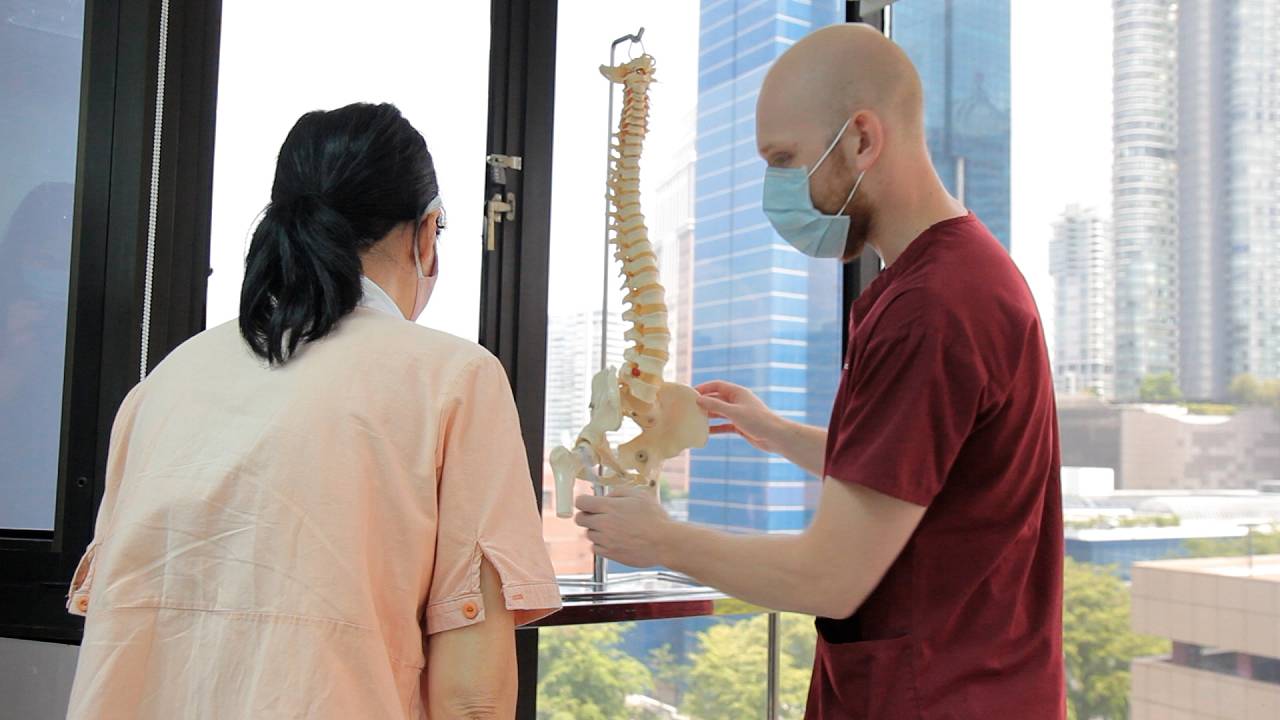Osteoporosis is a bone disease that takes place when the body makes too little bone or loses too much bone. This causes the bones to become weak and susceptible to easy breaks and fractures. The condition is fairly common, more so in women than in men, and can be serious. If you are in a high-risk category for this weakened bone condition or exhibit common symptoms, contact Internal Medicine Las Vegas Nevada for a comprehensive evaluation.
Our primary care team can assist you in managing the condition from the early stages of osteoporosis to the advanced stages of this bone disorder. We can do this through oral and Injectable medications, pain-relieving therapies, and other nonsurgical interventions. Our practitioner, Dr. Roger Estevez, may suggest dietary supplements in addition to other medications to slow the progression of your symptoms. Together with you, we can create a personalized treatment plan that complements your medical history and adjusts to your lifestyle.

We can help determine if you have this progressive disorder and how to slow down the condition if it is damaging your health. Dr. Estevez offers multiple treatment options for you to try. Broken or fractured bones may warrant more aggressive treatment. Call Internal Medicine Las Vegas Nevada in Las Vegas, NV and make an appointment today to get a treatment plan that meets your needs.

 Anthony Canedo2023-11-23Dr. Roger’s office is wonderful! They get me appointments as quick as possible and he is very smart and insightful. The office is also very clean and the other staff are very nice/respectful. 10/10 would recommend!
Anthony Canedo2023-11-23Dr. Roger’s office is wonderful! They get me appointments as quick as possible and he is very smart and insightful. The office is also very clean and the other staff are very nice/respectful. 10/10 would recommend! yousef Miri2023-11-22I was recommended from a family friend to visit. Dr Estevez was amazing and the atmosphere was very welcoming!!
yousef Miri2023-11-22I was recommended from a family friend to visit. Dr Estevez was amazing and the atmosphere was very welcoming!! Clearwater Rosin2023-11-22Great staff, great environment. My appointment was smooth and effortless. I highly recommend for anyone in the Valley or Visiting!
Clearwater Rosin2023-11-22Great staff, great environment. My appointment was smooth and effortless. I highly recommend for anyone in the Valley or Visiting! Ismary Camacho2023-09-29
Ismary Camacho2023-09-29

Internal Medicine Las Vegas Nevada is a comprehensive medical center that provides primary care and advanced research services to patients in Las Vegas, NV.